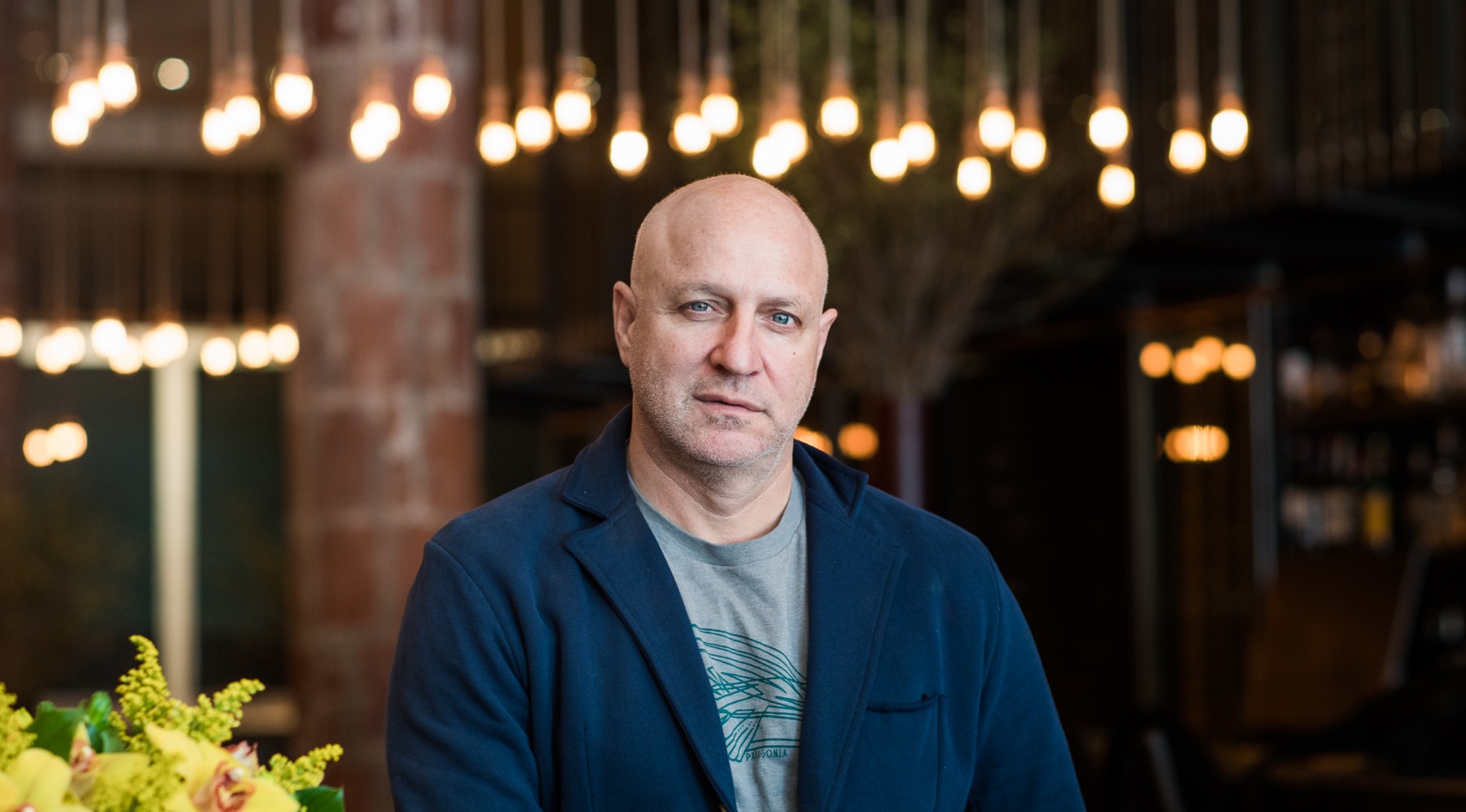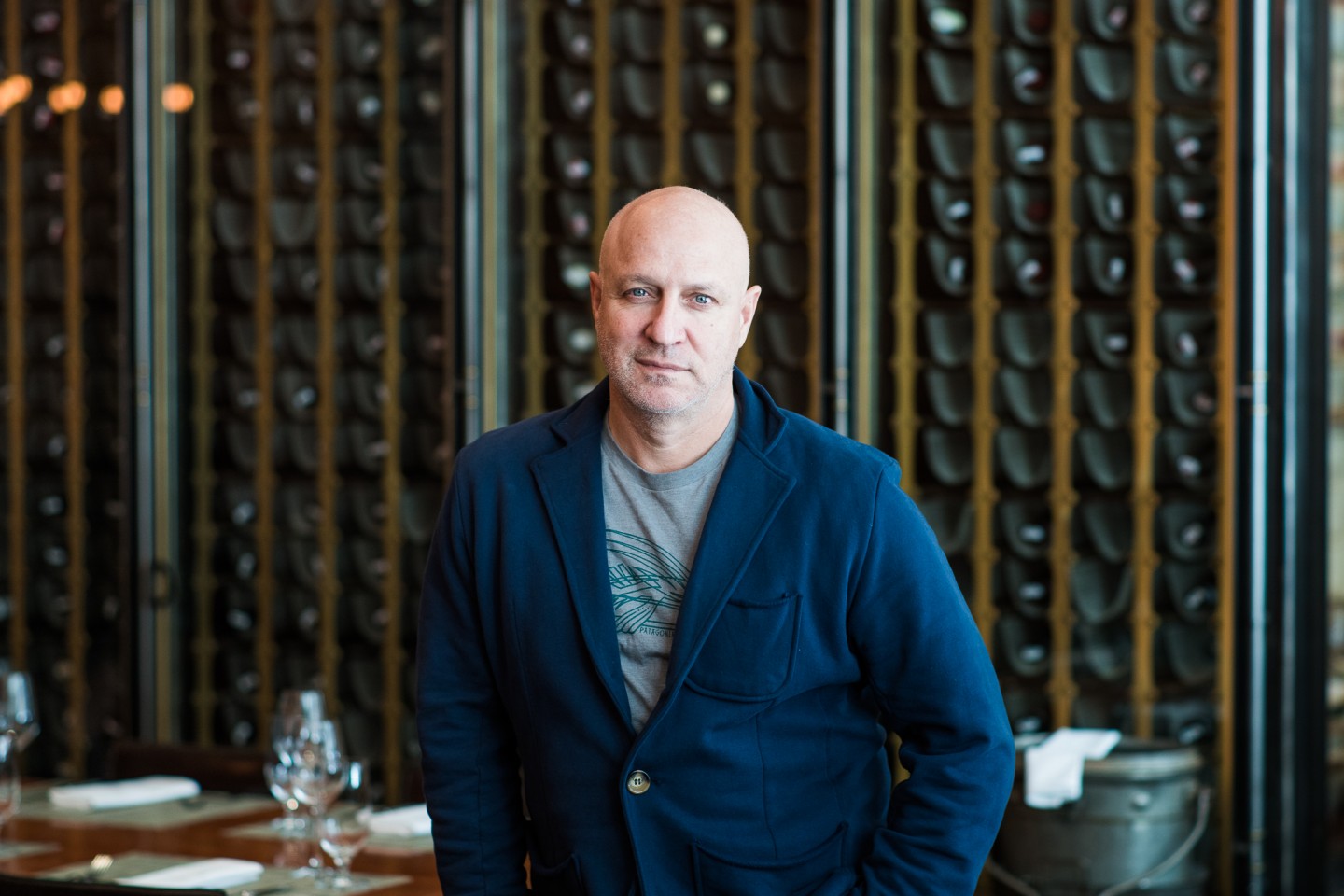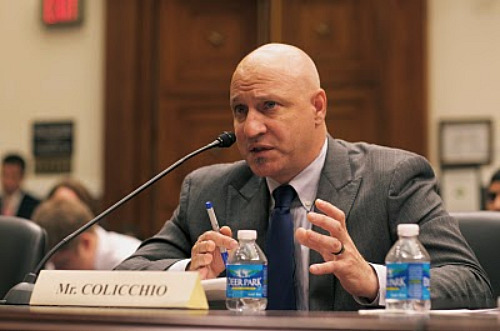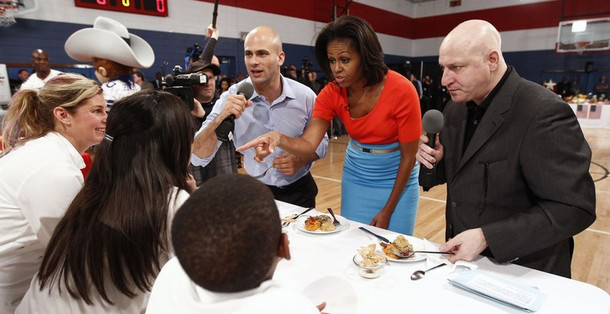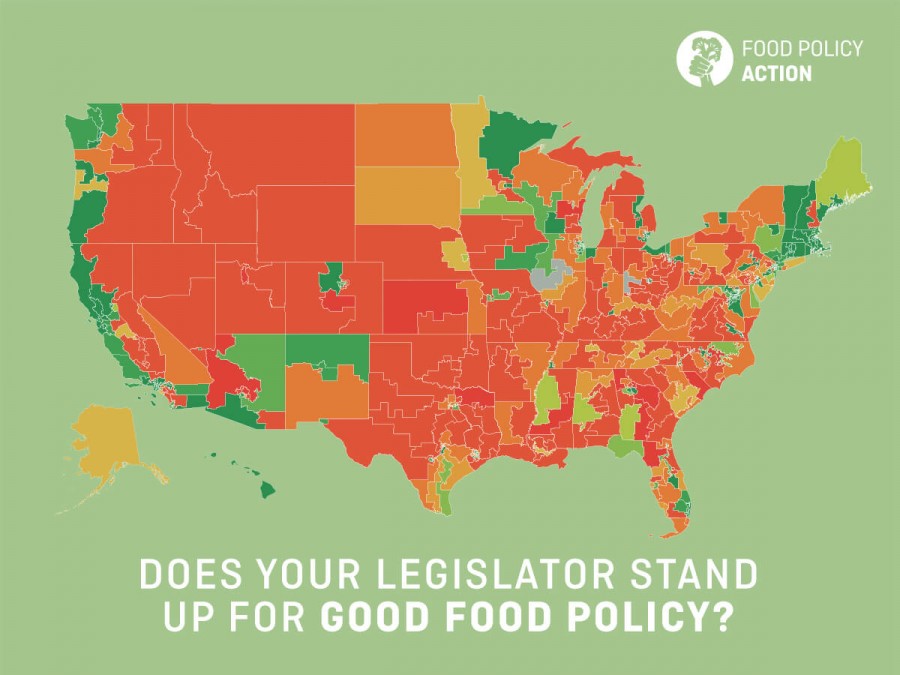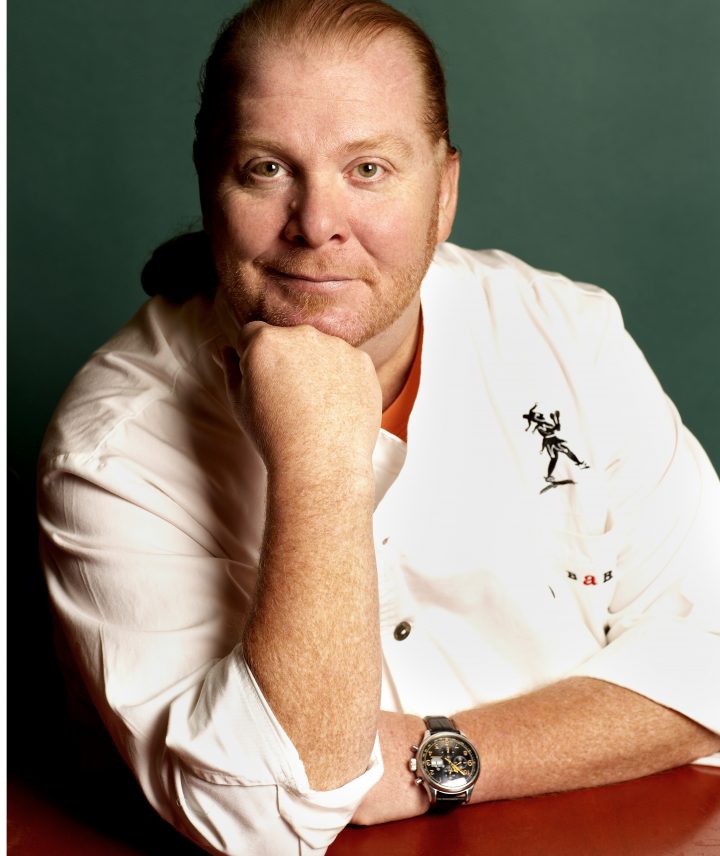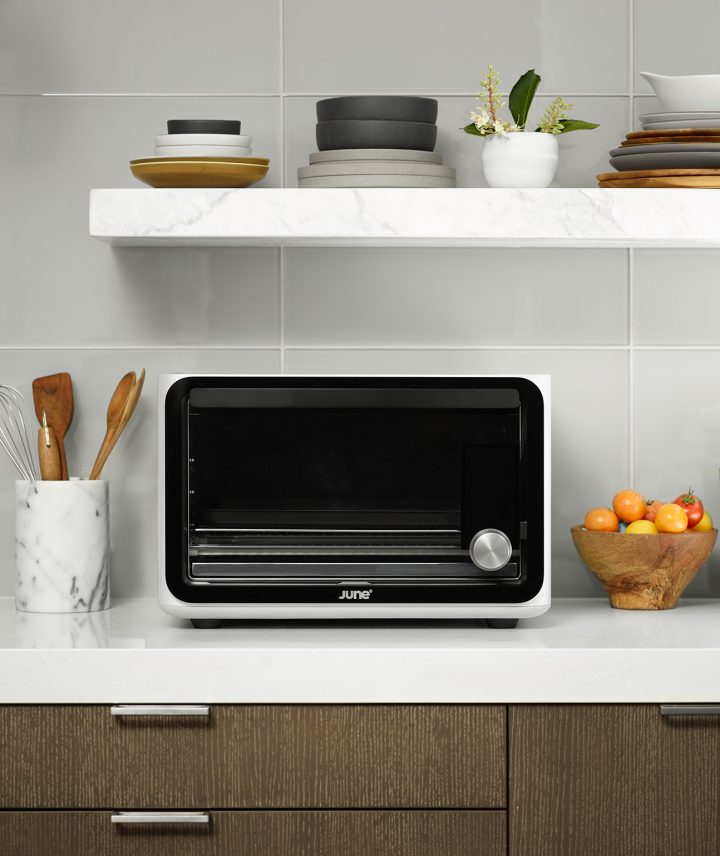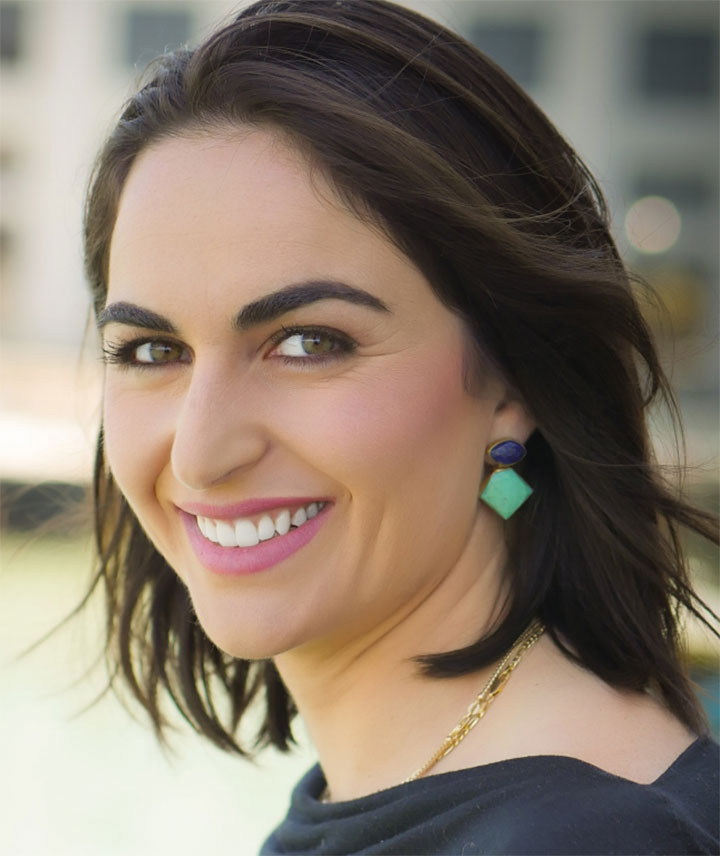TOP CHEF JUDGE TOM COLICCHIO and his wife, filmmaker Lori Silverbush, were thrilled to land an underprivileged female mentee in a New York City private school.
“This was about five, six years ago,” Colicchio remembers. “But one week in, we got a call from the principal that she was scrounging in the garbage and asking other students for food. We hadn’t realized the school didn’t have a lunch program, and, so, the only meal this child had been eating was now gone.”
Needless to say, they were concerned. How was it that in a country with this much food — where $6 kale sells in droves and 40% of food ends up in the garbage — are 50M Americans still starving?
“People aren’t hungry because there’s a scarcity of food,” the chef explains. “They’re hungry because we don’t have the political will or policies to make sure everyone gets fed.”
What Colicchio realized is this: Since poor people don’t vote, the government often ignores them. But you know who does vote? Foodies — the large, wealthy and influential constituency found at Sunday farmers’ markets.
“I made a bet that people who care about food would also care about hunger,” Colicchio says, getting to his thesis. “And have dedicated my life, my face and my time to educating those people on how to vote around food — to forging a constituency of food voters who value these issues the same way people value reproductive rights or the Second Amendment.”
